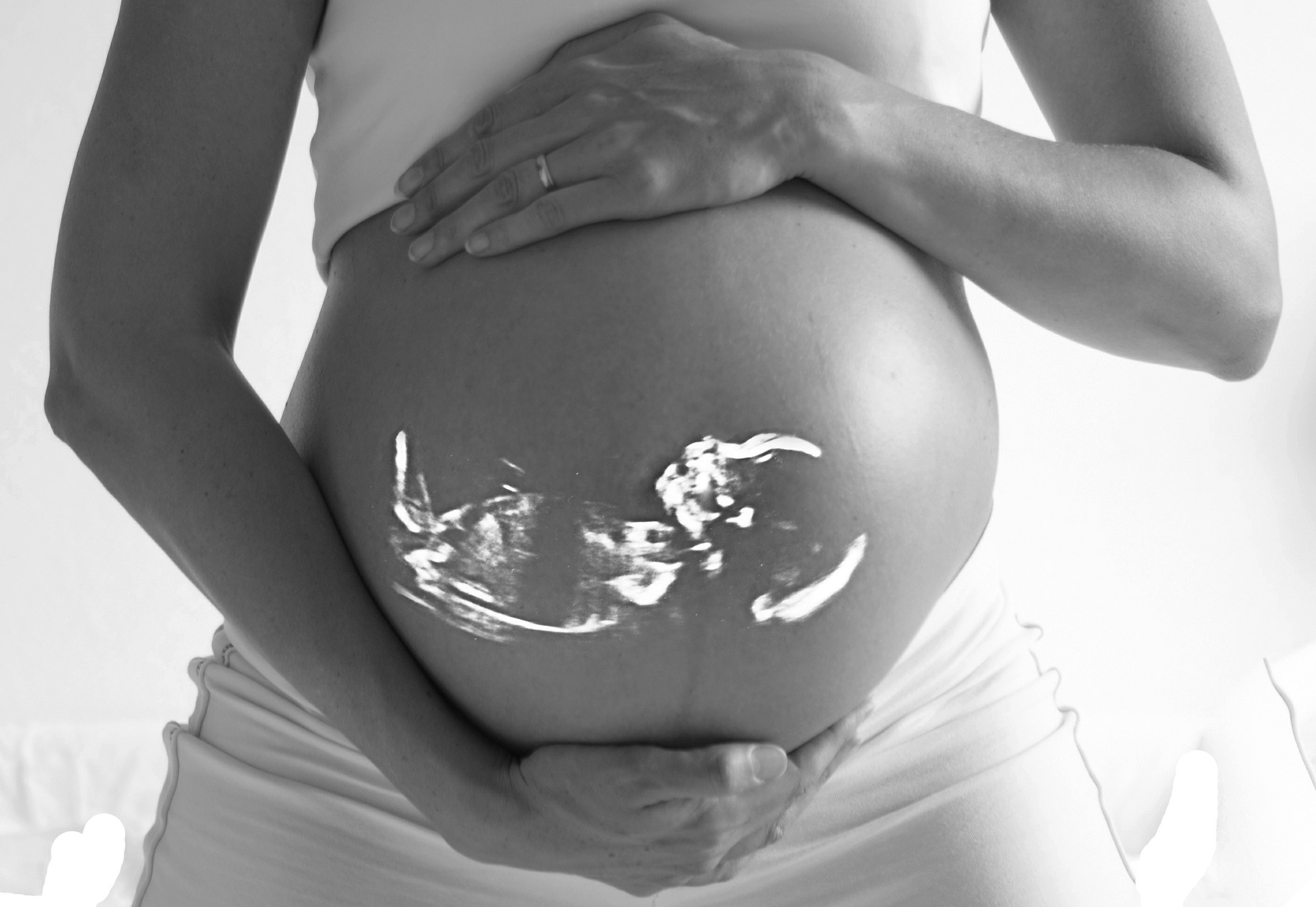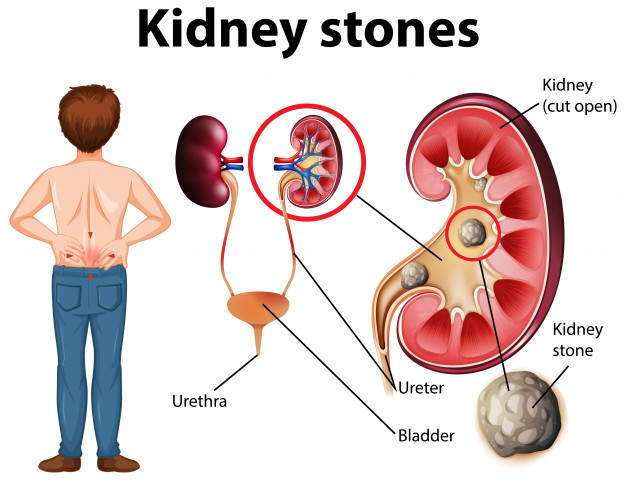Infertility is one of the most popular terms on the internet today. A couple (under 35) who have had unprotected sex for more than a year, or six months (if they are over 35) and still cannot conceive are then known as an infertile couple. Infertility can occur in men, women, or both, and in some cases, there is also unexplained infertility. Simply put, infertility is a couple’s inability to imagine anything. The World Health Organization (WHO) has even called it as one of the growing diseases.
Infertility is not just a human disease. It has already led to the extinction of many other animal species. Some medical experts have even suggested that if left unchecked, infertility can wipe out humanity in about two centuries or less. One of the most general treatments nowadays is infertility treatment. In particular, the infertility treatments in India recognize worldwide. Today, every tenth couple describe as sterile. It also influences another alarming situation, namely the early onset of puberty. Young girls have their first period at a very young age, between the ages of seven and nine. Those girls who have their early periods must also experience menopause early (as in their late 30s).
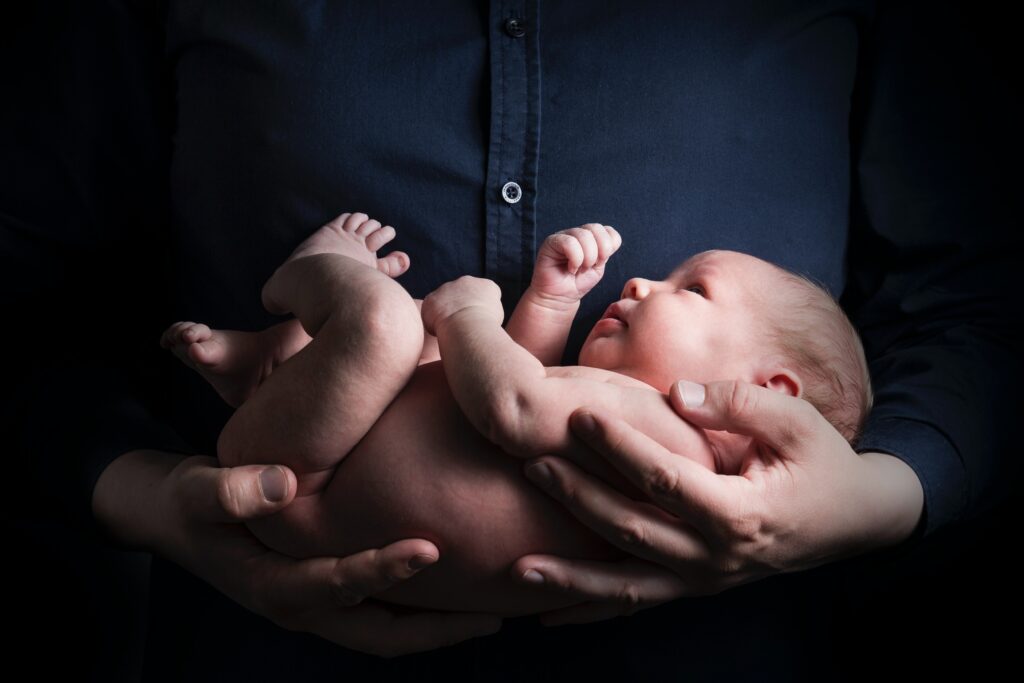
Table of Contents
Types of Infertility
Primary
When the couple has not been pregnant in their entire life, chances are someone has been sick since birth or is more likely to have a severe problem.
Secondary
When the couple was previously pregnant but currently cannot, it type of infertility indicates the onset of a disease or condition. Aside from that, it could also be infertility due to previous miscarriages or childbirth.
Both types of infertility have similar causes and symptoms—it classification to determine if they were not fertile at all or have lost their fertility. A woman’s menstrual cycle also reflects her fertility.
Causes of Infertility
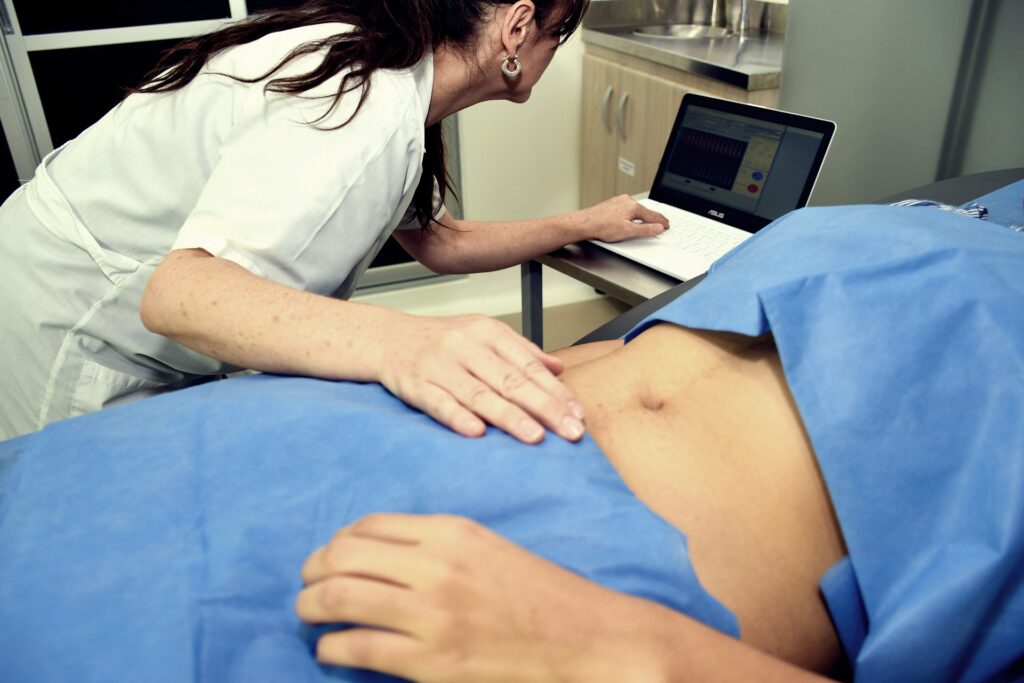
Problems that can affect fertility generally develop for life and rarely appear since birth. As read above, infertility can occur in one or both of these cases:
About a third of the cases, there is a problem with the partner.
In about a third of the cases, there is problem with the male partner.
The remaining cases, there are problems in both cases, or the cause cannot found.
Causes of Male Infertility
These are the problems that male partners have since birth or develop during their lifetime. They affect sperm quality, ejaculation and sperm production. These can be:
Not adult semen
Strangely shaped semen
Varicocele
Oligospermia
Azoospermia
Retrograde ejaculation
Erectile dysfunction
infection
Antibodies that attack sperm
Testicles without sagging
Hormonal imbalances
Problems with traffic
Exposure to harmful radiation
vasectomy
Damage from cancer or other therapies
Causes of Female Infertility

Female infertility can be affected by many factors related to the health of eggs, fallopian tubes, ovaries, and uterus. There can be many disorders, diseases, deficiencies, and hormonal imbalances that can cause this.
Ovulatory disorders
Menstrual cramps
Hyperprolactinemia
Pelvic inflammatory disease
Uterine or cervical abnormalities
Damage or obstruction of the fallopian tubes
Endometriosis
Pelvic adhesions
Cancer and its treatment
Primary ovarian failure (premature menopause)
Several diseases and disorders related to female reproductive organs
Inexplicable infertility
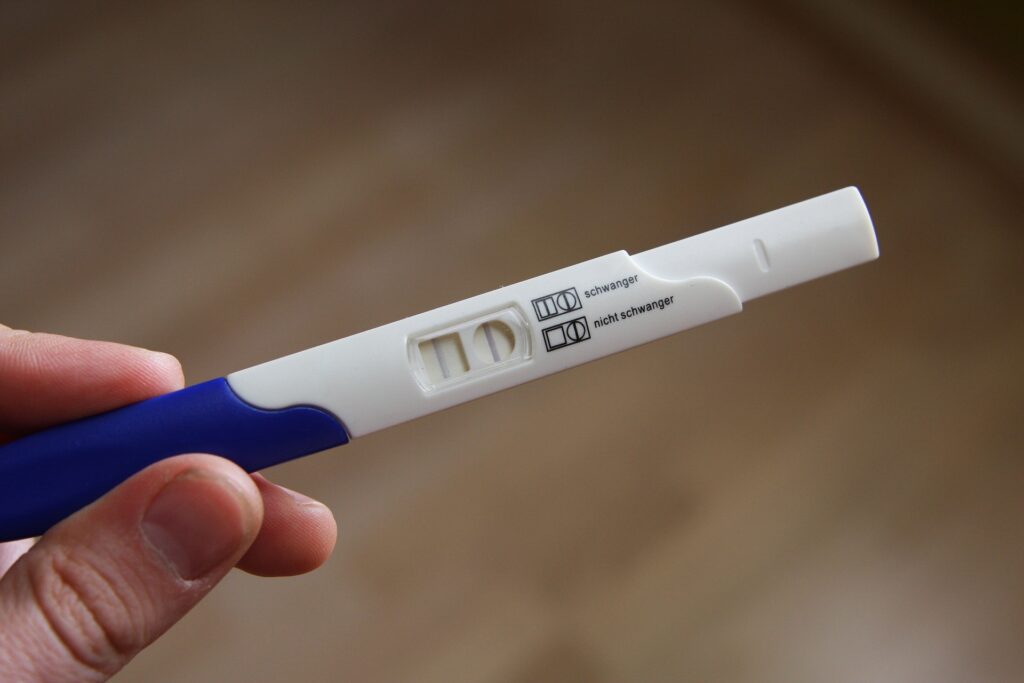
It is a type of infertility, and the cause has not yet identified. Reports from all tests are considered normal, but some have design issues. The doctor may not even know if this problem has occurred in men or women, as both seem normal. Because we have not sup till now put together all the possible reasons for infertility. It is also a fact that many new reasons for infertility have recently come to light. It can be a unique condition has not yet been identified or a condition that has not yet discovered.
Age and fertility
It is a fact that age affects our fertility. Usually, every man and woman visit their sexually mature, i.e. H. Fertility during their teenage years. In girls, it characterizes by the onset of ovulation and possibly menstruation. After menopause (usually in their 40s), women can no longer get pregnant. Like any other organ, our reproductive organs go through the natural process of becoming active and inactive. In men, the testicle begins to produce sperm after about 12 years. In the late 1940s early 1950s, the quality of sperm declined and was no longer able to conceive. Note: In men, sperm production rarely stops, and women are born with a limited number of eggs.
Also Read: How Stress Will Affect Your Healthy life
Nowadays, age-related infertility is more and more common. It happens because many couples wait up to 30 years to start a family, and women experience early onset of menstrual cycles. As mentioned earlier, a woman’s body has a limited number of eggs, so creating first also means early menopause. Today, healthy and fertile couples delay this and face a natural problem of infertility.
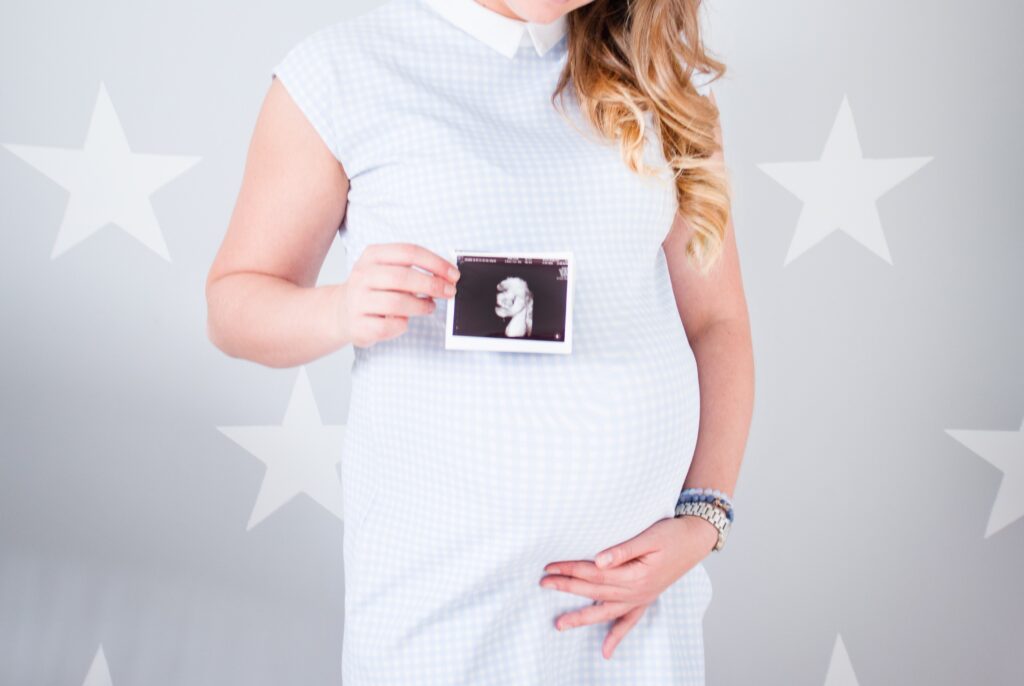
Women enjoy their best fertile years around the age of 20, which gradually decreases in their 30s, especially after age 35. For every month, a couple of tries, a healthy, fertile 30-year-old woman has a 20% chance of conception. At 40, this chance decreases by 5% per cycle. Women can lose fertility even before menopause. Therefore, even after the average age for menopause is 51, most women lose their fertility in their mid-40s.
Fertility in the Aging Man
In contrast to the observed early fertility decline in women, the fertility decline in men occurs much later. Sperm quality deteriorates as the manages.As they age, their testicles tend to become smaller and softer, creating sperm that have decreased morphology (shape) and motility (movement). May be there is also a tricky risk of genetic defects in the sperm and reduced libido.
